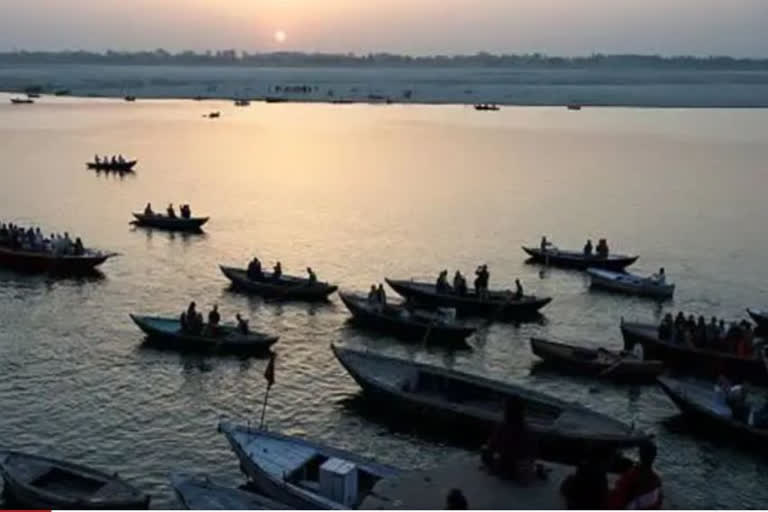New Delhi:A Parliamentary Committee on Water Resources has vehemently criticized the central government for the non-implementation of inter-linking of rivers projects (ILR). The committee in its 17th report tabled in the Lok Sabha recently has noted with disappointment that although National Perspective Plan (NPP) was formulated way back in 1980, no project for interlinking of rivers (ILR) has reached the execution stage so far.
The committee understands that evolving consensus among the States is the biggest obstacle to the implementation of this ambitious program. "However, considering the huge losses caused by floods every year and huge benefits accruing out of the interlinking of rivers, the department needs to make concerted efforts to convince the States and arrive at a national consensus so that the project of ILR beacons a reality," the committee headed by BJP MP Dr. Sanjay Jaiswal said.
A National Perspective Plan was prepared by the then Ministry of Irrigation (presently Jal Shakti Ministry) in 1980 for transferring water from water surplus basins to water deficit basins. Under the NPP, the National Water Development Agency (NWDA) has identified 30 links for the preparation of feasibility reports. The pre-feasibility reports of all the 30 links have been completed and circulated to the concerned States.
The ministry has informed that committee that there would be huge benefits on account of implementation of interlining of rivers as per NPP in terms of irrigation, and power generation, apart from the incidental benefits of flood control, drought mitigation, navigation, water supply, fisheries, salinity and pollution control, etc.
